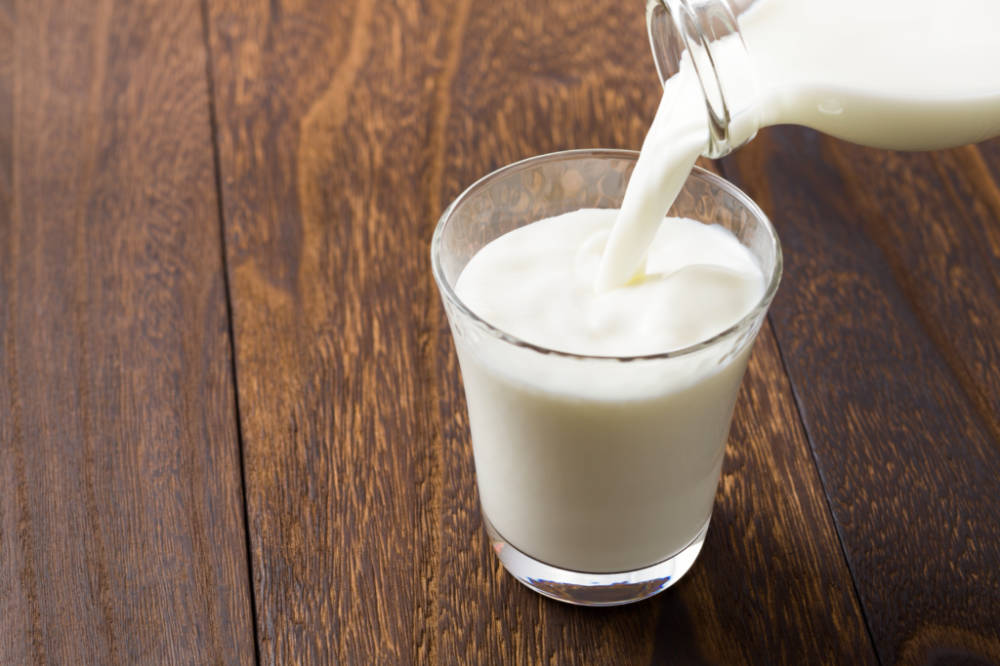The Mexican government is halting powdered milk imports from the United States in an effort to bolster domestic production. This move is part of a broader strategy to reduce dependency on foreign milk and enhance local supply capacity.
To support this initiative, the government is upgrading milk processing infrastructure with new plants in Campeche and Michoacán. These upgrades will complement the Milk Self-Sufficiency Plan, which aims to increase national milk production by 25% by 2030. Currently, Mexico produces approximately 13 billion litres of milk annually, with a target of 15 billion litres by 2030.
The cessation of powdered milk imports, worth around US$1.07 billion in 2024, is expected to be fully replaced by local production within two years. The government is already buying fresh milk from local producers through the Milk for Well-Being program, with direct purchases in several states. In Jalisco alone, the government buys 800,000 litres of milk daily.
Further investment in facilities is planned, with a pasteurization plant in Campeche expected to process 100,000 litres daily and a drying plant in Michoacán, due to begin operations in 2026, with a capacity of 250,000 litres per day.
Despite these efforts, experts warn that achieving full milk self-sufficiency will be challenging, citing the structural differences between Mexican and US dairy production.


